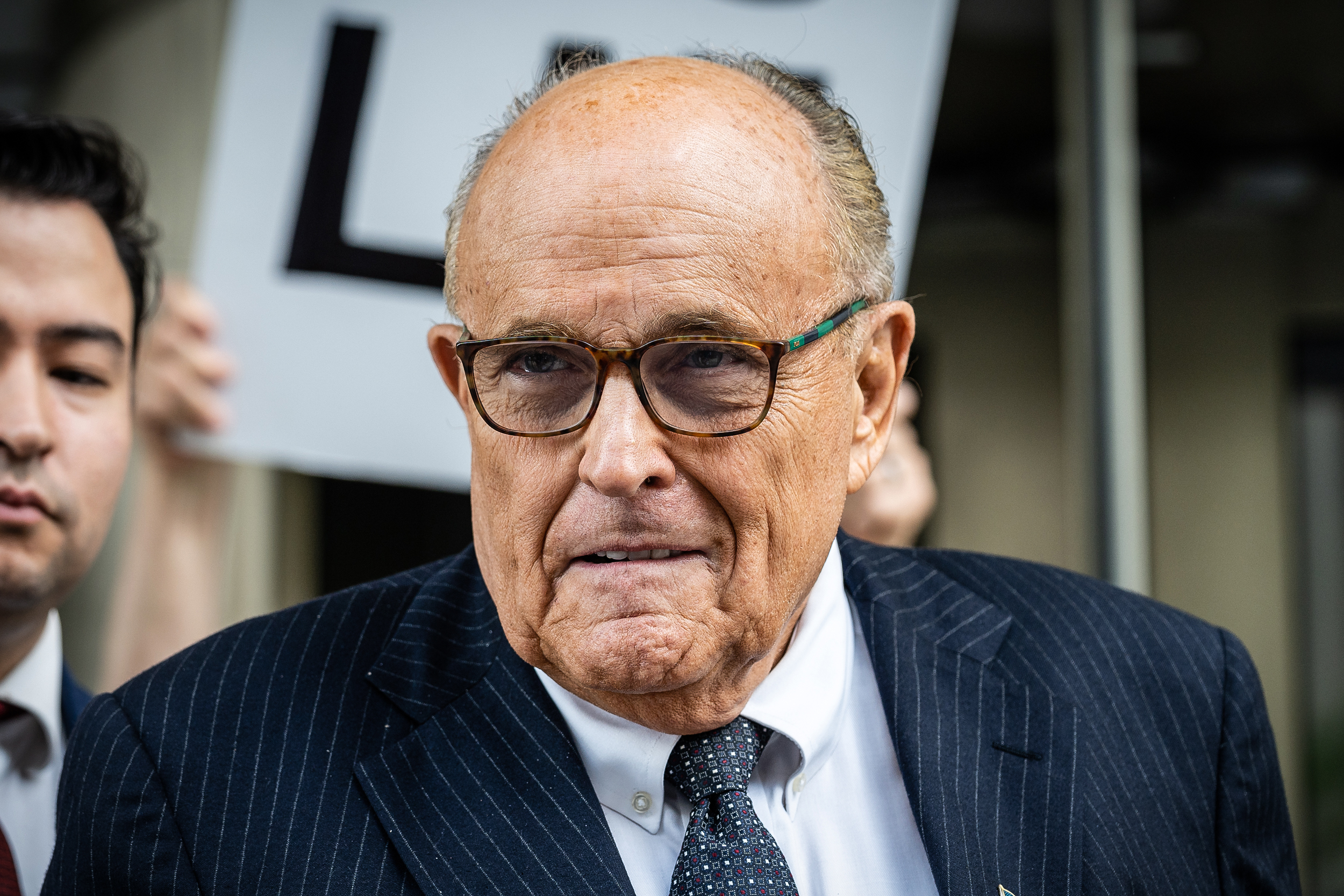
Striking Similarities with Alex Jones
Rudolph Giuliani, former New York mayor and prominent figure in the efforts to overturn the 2020 presidential election, has filed for Chapter 11 bankruptcy in the Southern District of New York. This move mirrors the situation of right-wing conspiracy theorist Alex Jones, who recently discovered that bankruptcy doesn’t guarantee relief from defamation-related debts.
Giuliani Faces $148 Million Defamation Judgments
Giuliani’s bankruptcy stems from $148 million in judgments resulting from his discredited campaign to challenge the 2020 election results. While bankruptcy offers a temporary respite from debt collection efforts, recent developments in Alex Jones’ Chapter 11 case suggest that discharging damages labeled as “willful and malicious injury” is a complex challenge.
Lessons from Alex Jones’ Bankruptcy
Jones, the host of Infowars, faced a similar situation when a bankruptcy judge ruled that he couldn’t use bankruptcy to escape a $1.1 billion obligation to the Sandy Hook massacre victims’ families. Giuliani will likely encounter comparable obstacles in his attempt to discharge defamation-related debts.
Breathing Room Amid Legal Battles
Giuliani’s bankruptcy filing followed a decision by Judge Beryl A. Howell to allow the immediate pursuit of his assets by Georgia poll workers Ruby Freeman and Shaye Moss, who secured a jury-ordered $148 million in judgments. While the bankruptcy delays payouts to creditors, it also incurs potential additional costs for them.
Want to know if you’re earning what you deserve? Find out with LawCrossing’s salary surveys.
Legal Protection Despite Possible Victory for Poll Workers
Even if Freeman and Moss prevail, Giuliani gains significant legal protection during bankruptcy. This delay may prompt creditors to challenge the discharge of defamation debts or question the good faith behind Giuliani’s Chapter 11 filing.
Complex Landscape: Defamation Debts and Bankruptcy
Bankruptcy courts often find it challenging to discharge defamation-related debts, a situation prevalent in both Jones and Giuliani’s cases. The analysis determines whether the judgment aligns with federal bankruptcy law’s “willful and malicious” standard for rejecting debt discharges.
Giuliani’s Defamation Debt: A Detailed Look
Freeman and Moss allege that Giuliani’s willful and malicious conduct defamed them, leading to a default judgment against him. While Giuliani could argue that a jury, not a default judgment, should decide the intent and malice, he faces the precedent set in Jones’ case, where a similar argument was dismissed.
Informative Insights from Jones’ Bankruptcy
Despite the different jurisdictions, Jones’ bankruptcy provides insights into Giuliani’s case. The default judgment, akin to a jury verdict on liability, suggests that lacking a jury finding on intent and malice may not impact dischargeability.
Key Issue: Meeting the “Willful and Malicious” Test
Giuliani’s judgment includes language satisfying bankruptcy’s “willful and malicious” conduct requirement, indicating intentional and malicious actions causing severe emotional distress to the poll workers. The critical question remains whether these facts meet the federal law’s “willful and malicious” test.
Conclusion: Facing the Reality of Legal Challenges
As Giuliani navigates the bankruptcy process, the parallels with Jones’ case highlight the complexity of discharging defamation-related debts. The outcome may depend on whether the facts align with federal law’s stringent “willful and malicious” standard.
Don’t be a silent ninja! Let us know your thoughts in the comment section below.

